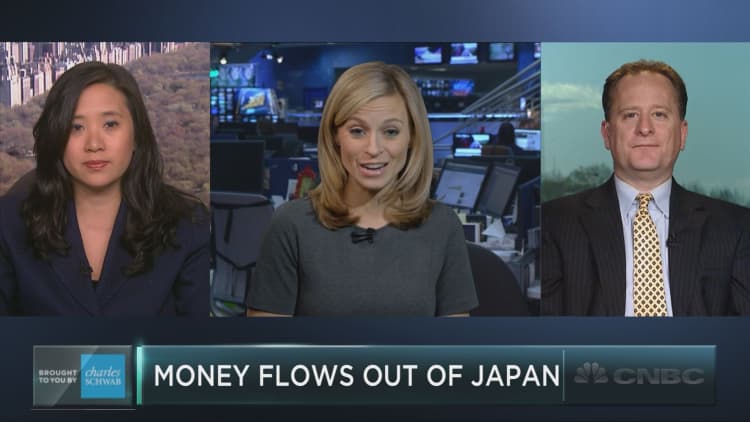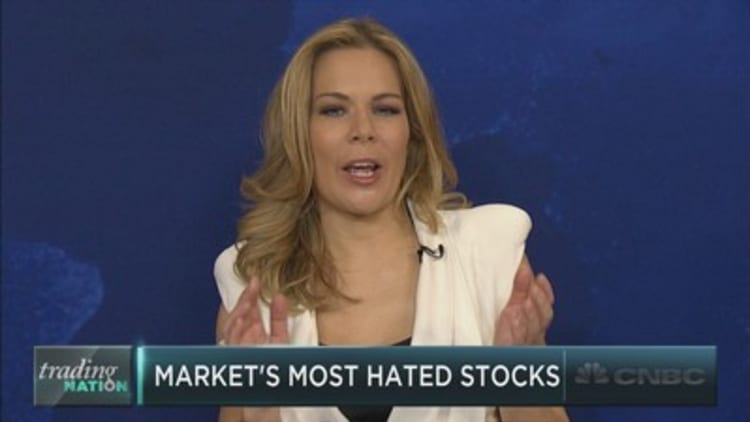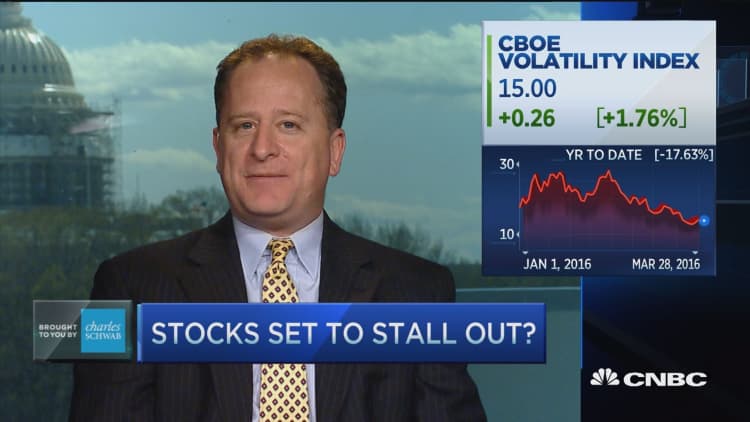Brazil's political system is set to spin further out of control Tuesday as the biggest party in the Senate quits the ruling coalition, a move that will hike the odds on President Dilma Rousseff's impeachment.
The Brazilian Democratic Movement Party (PMDB) announced Tuesday, as expected, it would pull six ministers from Rousseff's Cabinet, ordering them to either resign or face ethics proceedings, Reuters reported Tuesday. If Rousseff is impeached, it would put Vice President Michel Temer, leader of the PMDB, next in line for the presidency, Reuters said.
Analysts are divided as to how Brazil's economy and political situation might fare in the wake.
The country is mired in social unrest, a deep recession and its greatest political crisis since re-democratization in the 1980s. PMDB's move to abandon the coalition could precipitate the impeachment of Rousseff — who is charged with corruption — by freeing its members to vote for her removal.
"The break-up should be a key. We think it should be decisive for how the impeachment and for the voting in the Lower House and eventually in the Upper House will evolve," Standard Chartered Latin America economist, Italo Lombardi, told CNBC on Tuesday.
Impeachment will likely be a long and complicated process. Approval by both the Lower House and the Senate is needed to force Rousseff to step down. A full process of impeachment is then started.




Lombardi forecasts a conclusive ruling might not be reached before late July or early August at the earliest.
If Rousseff steps down as part of the impeachment process, Vice-President Michel Temer would take the helm. The 75-year-old heads the PMDB, a centrist party to the right of Rousseff's Workers' Party. He is viewed as more pro-business than Rousseff and less likely to renege on economic reforms.
"Temer would have a strong cabinet, with prominent names including a former presidential candidate from the PSDB — currently the main opposition party — a clear fiscal reform-driven economic plan and at least a bit of a honeymoon with congress," Mario Marconini, a Sao Paulo-based managing director with risk consultancy Teneo Intelligence, told CNBC on Tuesday.
Marconini viewed impeachment as the best-case scenario for Brazil — a stance with which markets appear to agree, having rallied as the prospect grows likelier. The Brazilian real has rallied around 9 percent against the U.S. dollar this month, while the benchmark Bovespa stock index has gained around 19 percent.
On Monday, Brazilian credit default swaps (CDS) posted the biggest daily improvement in percentage terms — 3.3 percent — of any sovereign, with the spread 75 basis points tighter on the month, according to data provider Markit. CDS are a type of financial contract used by buyers of debt to hedge the potential loss from an issuer defaulting. They are viewed as a proxy for the perceived creditworthiness of a debt issuer – in this case, Brazil.
Brazil
However, the "long and messy" impeachment process will distract policymakers' attention from the economy, Win Thin, head of emerging market currency strategy at BBH, said in a report on Tuesday.
This focus is much needed, with the International Monetary Fund forecasting Brazil's economy will shrink by 3.5 percent this year. Standard Chartered is more bearish, predicting a 4.2 percent recession in 2016, worse than last year's 3.8 percent contraction.
"There is a clear detachment between this market euphoria about the possibility of an impeachment and what is going on, on the ground in the real economy… It is probably going to be one of the worst recessions in history for Brazil this year," Lombardi told CNBC.
Brazil's central government on Tuesday posted a primary budget deficit of 25.07 billion reais ($6.89 billion) for February, the widest-ever gap for that month, according to Reuters.
Follow CNBC International on Twitter and Facebook.
— Reuters contributed to this report.

